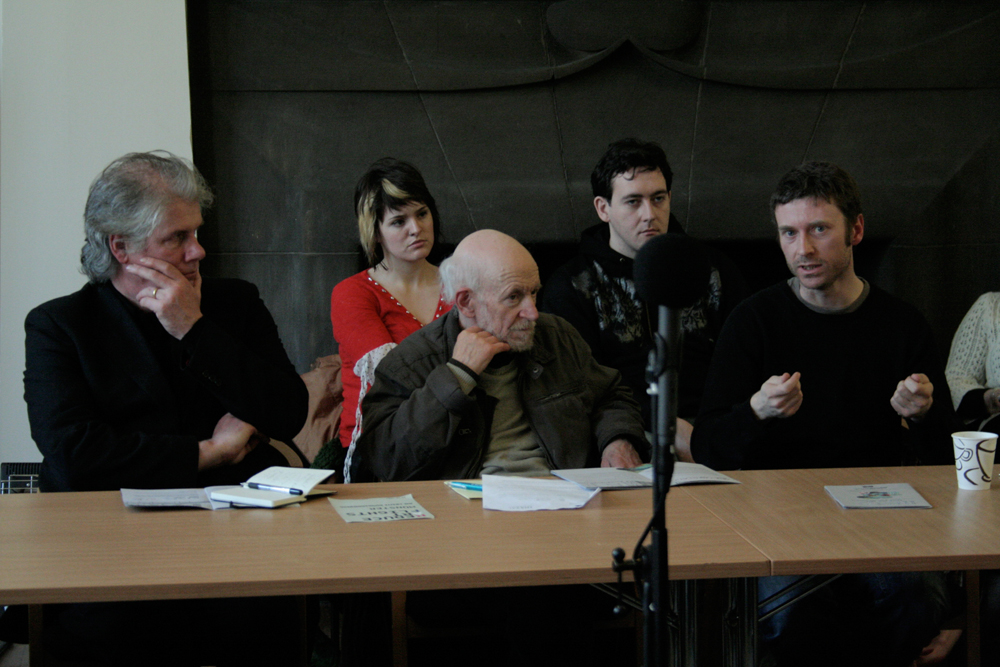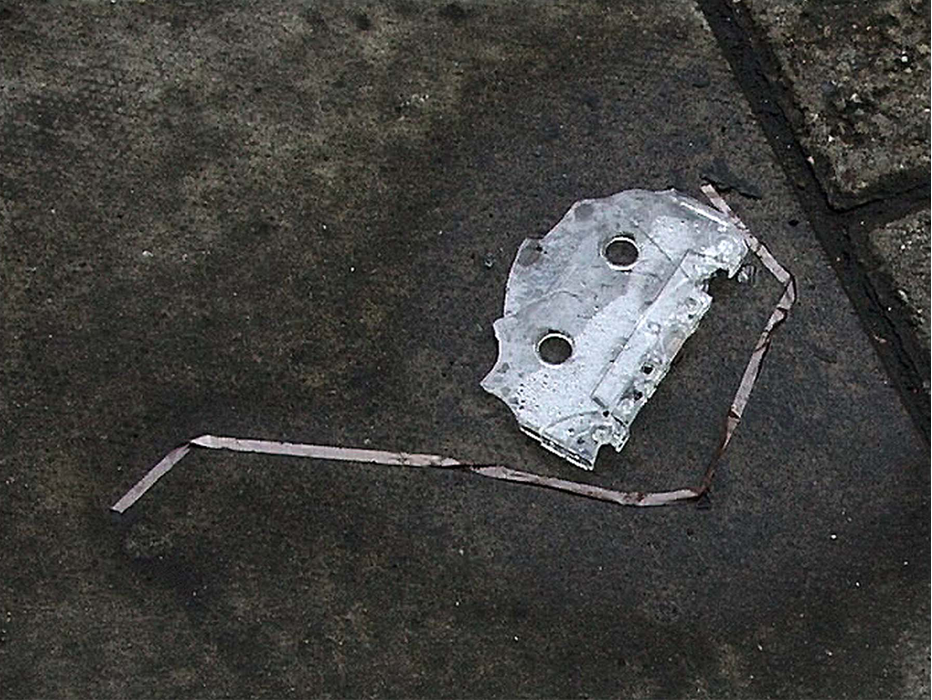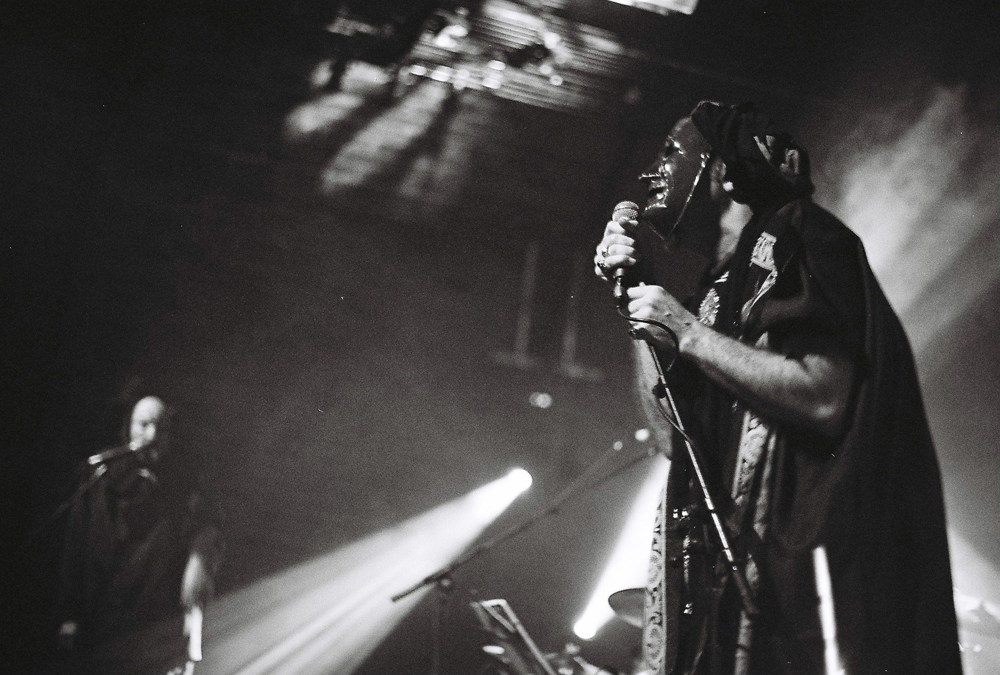
Self Cancellation – A project for voices
Gustav Metzger Kenneth Goldsmith Simon Morris
A performed self-cancelling discussion, with artists from the festival, invited speakers and local artists talking at once, over each other, or straining to be heard over the din.













